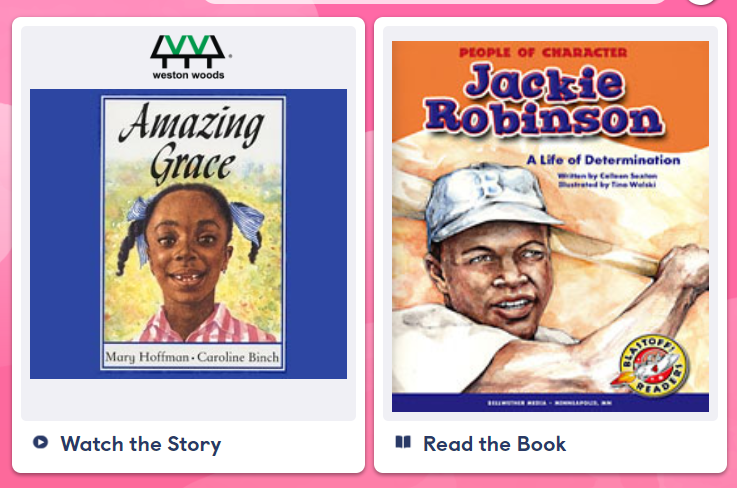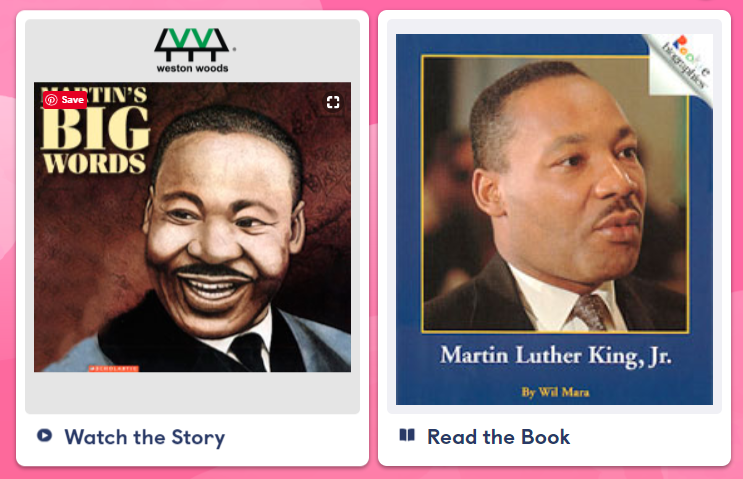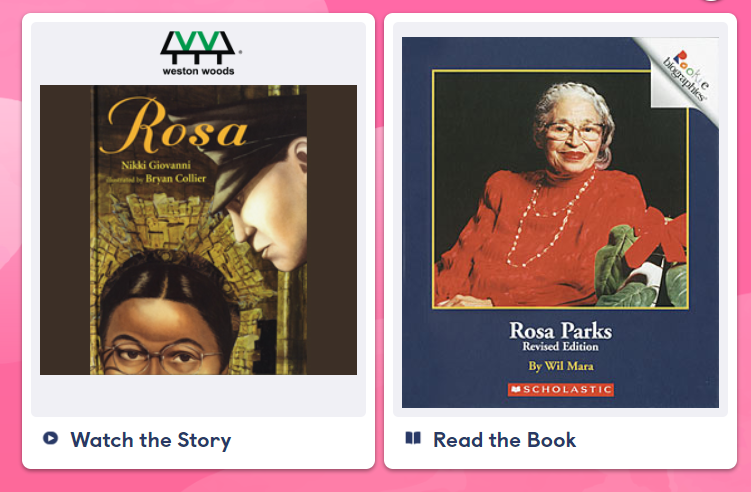Author // Emily Rozmus Wednesday, 02 February 2022
When the stories on the news are violent, frustrating, or frightening, adults have an opportunity to introduce, model, and cultivate empathy for all people. One of the best ways to teach children to understand the feelings and thoughts of others is by using picture books in the classroom. "Reading picturebooks prepares children for dealing with empathy and mind-reading in real life," according to Maria Nikolejeva in her article Picturebooks and Emotional Literacy in the December 2013 edition of The Reading Teacher. Because most children have limited experience with the vast number of emotions, children's literature can help create simulations of various feelings. In fact, most studies show that even very young children can understand and respond to the feelings portrayed by characters and plots found in picture books (Nikolejeva 250). Using connected texts—texts that share a common topic or theme—is one way to help primary students begin to understand the feelings of, or develop empathy for, important African Americans in our history.
INFOhio offers BookFlix to Ohio students, teachers, and parents. The more than 140 pairs of fiction and nonfiction eBooks are available anywhere there is an internet connection, and can be accessed using mobile technology when students need it, wherever they are. Each title has its own lesson plan, making integration of the resources easy for educators. Take the BookFlix class from INFOhio to learn more about how to use the resource and integrate the eBooks into instruction.
Several titles in this eBook platform promote the history of African Americans. Within these titles is a common theme: When people face adversity, it is important to find strength to lead and empower others. In December 2017's The Reading Teacher article What the Common Core State Standards Do Not Tell You About Connecting Texts, author Lisa M. Ciecierski shares the benefits of teaching using connected texts: it increases background knowledge on a topic or theme, and it leads to higher comprehension. The BookFlix titles below are connected text, both in sharing a topic (companion texts) and a theme (corresponding texts):
1. Amazing Grace by Mary Hoffman and Jackie Robinson

2. Coretta Scott by Ntozake Shange and Martin Luther King Jr. Day
3. Martin's Big Words by Doreen Rappaport and Martin Luther King Jr.

4. Rosa by Nikki Giovanni and Rosa Parks

5. Show Way by Jacqueline Woodson and Harriet Tubman
These books vary in reading level and age of audience, and teachers will need to choose which titles to use according to the needs of their students. Each title connects students to the topic of important African American people and events in American History. More importantly, each title helps young children think about what it must feel like to be oppressed or held back because of the color of one's skin. Ciecierski states that one of the connected texts should serve as the "way in" text, or the title that will be read first. In order to determine this, teachers should look at which text is most engaging and also provides background information in an easy to understand manner. Because of its realistic character and strong theme, Amazing Grace would be an ideal text to choose as the "way in" book for these connected texts.
The story of Grace, whose imagination helps her become whatever she hears about in stories, will appeal to young readers who find the impossible possible through their use of creative play and imagery. Many students will identify with Grace as she pretends to be Joan of Arc and Anansi the spider. Once they have connected to this feeling of joy with Grace, they will also begin to understand how it feels when Grace is told by a classmate that she can't be Peter Pan in the school play because she is a girl and black. Grace shares her disappointment, sadness, and confusion with her grandmother, who recognizes and addresses these feelings, and directs Grace to pursue her dream of playing Peter Pan despite what her classmates say. It can be difficult to teach a concept like empathy, but books like Amazing Grace can certainly inspire children to have empathy. Teachers can facilitate conversations about empathy with learners:
The nonfiction title paired with Amazing Grace, Jackie Robinson, is a natural follow up text. This eBook tells about the struggles of Robinson to be the first African American to play major league baseball—something he was told over and over again that he couldn't do because he was black. Transferring their understanding of Grace's feelings—disappointment, sadness, confusion—to their understanding of how Robinson must have felt in a similar situation is an important part of learning to be empathetic. Using a corresponding text not only allows the readers to learn more about the struggles of these African Americans, it also allows them to explore and connect with the feelings that accompany those struggles in American history.
Each of the other titles listed will reinforce the theme of finding strength during times when all the odds are against you. In the case of these connected titles, young readers will learn not only about what it was like to live as a slave or an African American affected by segregation, but also about the feeling that hope, community, and family can provide during difficult times. Rosa Parks felt tired because she had to live with oppressive rules, but her community helped her feel strong and capable to lead the way to change. Coretta Scott learned how family can help us feel safe and strong during times of conflict, similar to the narrator of Show Way, who finds that she feels happy and loved because of the history she shares with her family. Each of the characters and people in the titles must deal with disappointment, but each learns to rise above that into joy.
By bringing young readers into these stories, teachers can help them explore and identify their own emotions. Engaging young learners in discussions that encourage reflection are a key part of inspiring empathy. How did Rosa feel when she would not get out of her seat? Why do you think that? When have you felt that way? What would you have done in her situation? Why did Harriet Tubman choose to help slaves escape? Do you think she was afraid? Why did she keep doing it? What do you feel when you hear Martin Luther King Jr.'s words? What emotions do you see in the pictures? How do you think he felt when he heard them or wrote them? When have YOU felt this way too?
Sometimes the images on television can be frightening, but adding some understanding and empathy into the classroom will not only bring joy to students, but also help them understand how they can bring happiness to those around them. Helping our youngest learners think about and understand the way that others feel is a first step in creating a culture where acceptance, kindness, and forgiveness are the norm. Try incorporating these BookFlix texts in your classroom and use literacy as a bridge to a better future. Share your experiences with us on social media, and add #INFOhioWorks.
Emily Rozmus is a Senior Instructional Specialist at INFOhio. She has worked in education for more than 30 years, first as a secondary English teacher and district librarian before starting at INFOhio in 2013. Emily has developed district growth plans, integrated technology, created instruction for information literacy, fostered teacher development, and worked on teams to implement curriculum. At INFOhio, she focuses on training educators to use INFOhio resources to improve learning.
Fetch is avaiable to INFOhio automated schools. If you are an INFOhio school, please log in with your school username/password using the button at the top-left corner of this page.
For more information about Fetch, please visit the Fetch information page or contact INFOhio support at https://support.infohio.org.